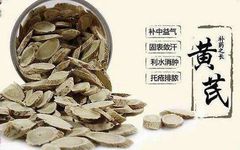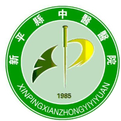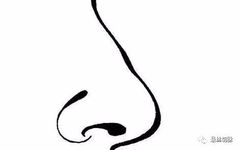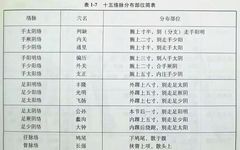The Functions and Efficacy of Astragalus (Huang Qi), Its Side Effects and Contraindications
Traditional Chinese Medicine Expert to Promote Health Knowledge Click below to follow for free↓↓↓ Astragalus, known as Huang Qi (黄芪) in Chinese, is classified as a “superior” herb in the Shen Nong Ben Cao Jing. Many medical texts explain that “Qi” means longevity, and the herb’s yellow color signifies its role as a premier tonic … Read more










